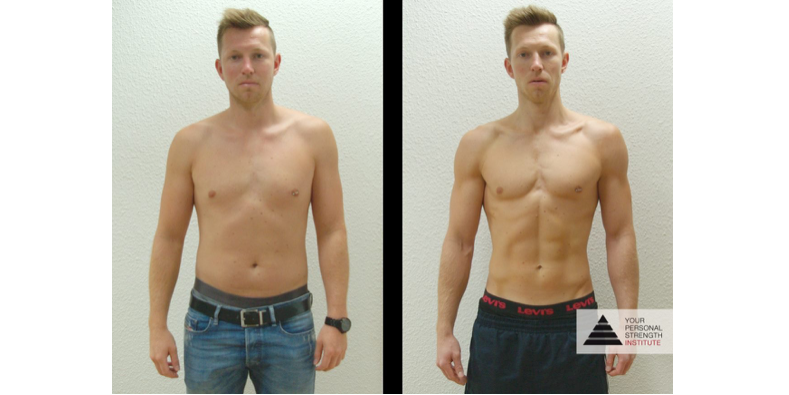
Paralysis by Analysis
Whatever you want to do or start especially in the areas of training or nutrition, these days you will find plenty of conflicting information.
Eat meat, yes or no?
Take multivitamin, yes or no?
Lift weights, yes or no?
Go for a run, yes or no?
And when anyone is confused about what to do the most common reaction is to do nothing at all. Analysis leads to paralysis.
Get educated?
Some will say they educate themselves on one topic. That's a good decision, yet, it actually doesn't do much for you, statistically. First, any expert will tell you that becoming an expert on one topic takes hundreds or even thousands of hours. Second, who you get educated by determines your education. The vegan will tell and argue to not eat meat. The meat lover will tell and argue to eat meat. The lifter will tell and argue to primarily lift weights. The runner will tell and argue to primarily run. How one argues often determines what to believe about what arguments one actually has. Education is great, yet often too limiting. Primarily for two factors. First, how applicable is the specific type of education to what you want to achieve. Getting taught by an eskimo how to built an iglo won't help you much if you live on the seychelles. Same as getting taught by someone how to built muscle and loose fat who doesn't get people to built muscle and loose fat. Second, how progress is oriented to education. This is where pragmatism trumps education.
What works?
Pragmatism is all about the one big question "does something actually work in real life?". You don't need education and science to win in the lottery. All you need is 6 digits that are on point that week. And the easiest way to figure if something works or doesn't work is to try it. This figuring out process is called experience. Experience doesn't come as fast and isn't as sexy as education, yet, its much more reliable, if based on pragmatism, so someone who has ran 10 times head first into a wall, he is experienced in running head first into a wall. Yet if he had applied some pragmatism he would have stopped running head first into the wall after the first try. Want to figure out what works in the gym, go to the gym and try something. Do it and assess it, so there is no reason to run into a wall head first multiple times in a row.
Always measure
Keep thorough bookkeeping. Do 10 sets of 10 reps work well in the back squat? Everyone who has tried it will tell you, absolutely yes. Look at education and science, they will tell you doing more than 4 sets of an exercise will not lead to more progress. Experience tells you different. Everyone who has done 10 sets of 10 reps in the back squat knows it works very well. Education is important. And great education is built on a high level of experience that is supported by the pillar of pragmatism. Don't overanalyze to get paralyzed. Get your hands dirty and be pragmatic.
It works, do it.
It doesn't work, don't do it.
Simple, but not easy.
Picture: Sebastian Rudolf went from 20.2% to 7.5% body fat in 9 weeks. How? Getting his hands dirty and applying what works.
